Taking peace-building to the people
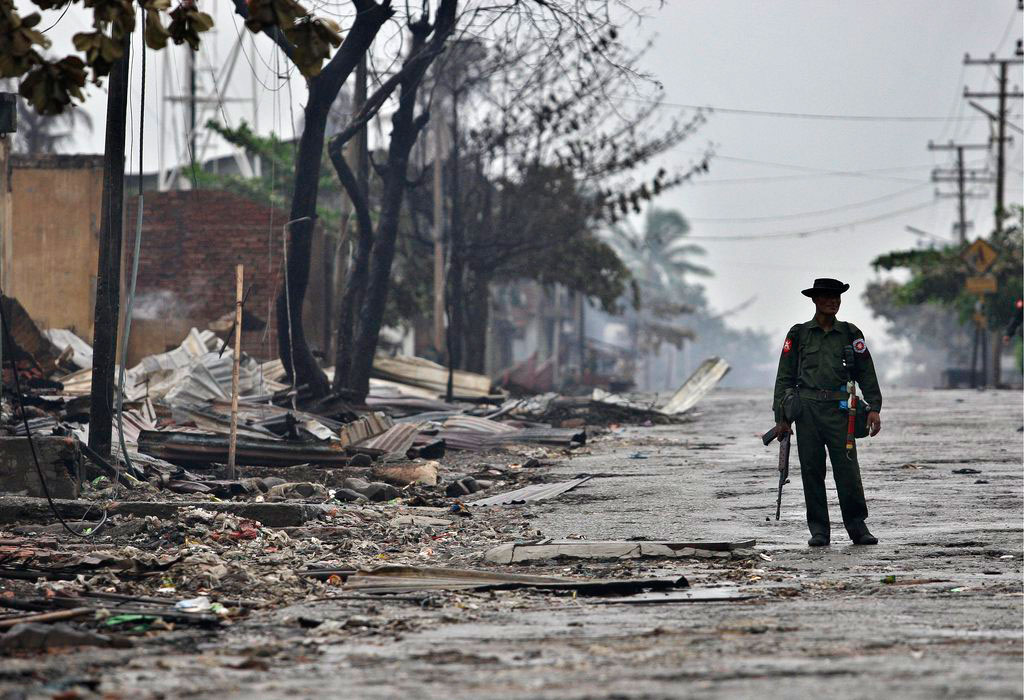
Human security, summed up as ‘freedom from want and fear’, is the current buzzword of international peace-building and humanitarian work. Two Swiss experts describe the challenges of the job in Southeast Asia, where democracy can be a concern.
Going hand-in-hand with development aid, such human security work involves protecting people from political violence or war and ensuring their basic safety.
“It’s painstaking, trust-building work,” Switzerland’s advisor in Myanmar since October 2012 Claudine Haenni Dale tells swissinfo.ch.
Haenni Dale is in regular contact with government and armed groups. “Peace is part of the whole reform agenda in Myanmar. There are individual ceasefires in place with 14 or 15 ethnic armed groups … The real question now is whether they can move from there to political dialogue.”
“It’s a case of trying to get a read of the situation out of which I can suggest activities in support of peace-building.”
On her ‘to do’ list this month are the final arrangements for a group of 24 Myanmar citizens coming to Switzerland in September for a course on international relations, public participation and democratisation. Together with Myanmar partners, Haenni Dale helped develop the course content and prepare participants for their three-week stay – for many their first trip abroad.
Next step
There are 20 of these advisors deployed by the Swiss foreign ministry’s Human Security Division in the field at any one time in countries as diverse as Sri Lanka, China, Democratic Republic of Congo, Burundi, South Sudan, Mali, Chad and Colombia. North Africa is a region of special focus.
Georges Martin, deputy state secretary at the Swiss foreign ministry and former ambassador to Kenya and Indonesia, sees human security work as a key element of Swiss foreign policy and to some extent a complement to Swiss development cooperation.
“First you bring water, you support countries in their development efforts. But this is not sustainable if, at the same time, you don’t support them in resolving their conflicts, respecting human rights and building a society which accepts the freedom and inclusion of all its members,” Martin said.
“As a small, neutral country we are not very good at hard security [such as military aspects, territorial control or counterterrorism] but what we can do is support our partners around the concept of human security, a concept that focuses on the security of the human being and not States,” he added.
The HSD of the Swiss foreign ministry is mainly responsible for implementing measures to promote human security around the world. It is the competence centre for peace, human rights and humanitarian policy, and for Switzerland’s migration foreign policy.
Since HSD was founded in 2000 its annual budget has risen from CHF12 million to CHF77 million.
The division employs 70 people (some part time), with 20 human security advisors posted abroad.
In the wake of the Arab Spring, the Swiss government adopted a strategy to support transition in the countries of North Africa and the Middle East. CHF50 million has been earmarked for the period 2012-2016 for a special programme in these regions.
The concept of human security focuses on the safety of individual human beings and protecting people against political violence, war and acts of arbitrary violence. It is based on the recognition that peace policy, human rights policy and humanitarian policy are closely interlinked.
Networking
Georg Stein, back in the corridors of the Swiss foreign ministry in Bern after almost five years in Indonesia, relished the combination of networking and project work during his time in Jakarta. “People were eager to engage, eager to come forward,” he recalls.
There were two main elements to Stein’s programme – conflict transformation and human rights. He had regular meetings with the ministry of justice and human rights and oversaw projects related to the implementation of the 2005 Memorandum of Understanding for Aceh signed by the government and the Free Aceh Movement.
The results can be difficult to measure. “This is the nature of our work – slow progress, step by step, humble progress,” Stein said.
“In Indonesia if you read the papers, human rights is a constant issue. The debate is already happening. You come as an observer, you don’t participate in the debate, you accompany it,” he added.
Swiss human security advisors spend four to five years on assignment. Stein used the time to learn the language and deepen relationships with his contacts.
“If you engage in the longer term perspective you can have an impact on how people accept a certain type of thinking or questioning.”
Transition
The transition from military rule to democracy experienced in Indonesia 15 years ago is being mirrored in Myanmar today and multi-ethnic Indonesia with its national motto of ‘unity in diversity’ has been held up a role model in the region.
Speaking at a recent peace-building event in Bern, the former Indonesian foreign minister Hassan Wirajuda pointed out that the Asia-Pacific region suffers a “huge deficit” of democracy. One of the ways Indonesia tries to set an example is by inviting peace-keeping troops from countries in the region, he said.
“Myanmar can learn from our best-practice experience. In an open and democratic system there is more willingness to explore solutions to conflict through dialogue and negotiation,” Hassan added.
But for representatives from far-off Switzerland, is there not a risk of being seen as interfering Europeans? “They do not want outside interference, do not want third-party mediation. You really have to pick your way very carefully,” Haenni Dale explained, adding however that “Switzerland is highly appreciated, everyone knows we have federalism.”
Haenni Dale tries to identify strategic projects that make a difference. “One of the things we are doing is tracking hate speech. There is a lot of hate speech that has appeared in the wake of press freedom and we are looking at the trends.”
One project involved commissioning the design of a ‘no-hate’ logo for local NGOs, which have a history of being small and keeping a low profile in Myanmar. “It’s a fascinating job and I wouldn’t want to be doing anything else,” Haenni Dale said.

In compliance with the JTI standards
More: SWI swissinfo.ch certified by the Journalism Trust Initiative
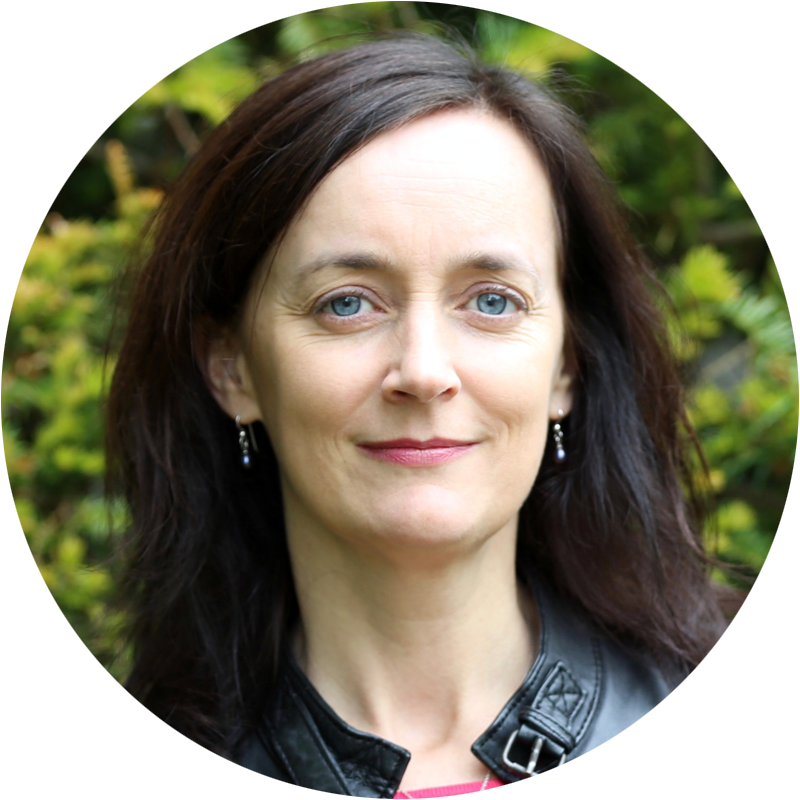
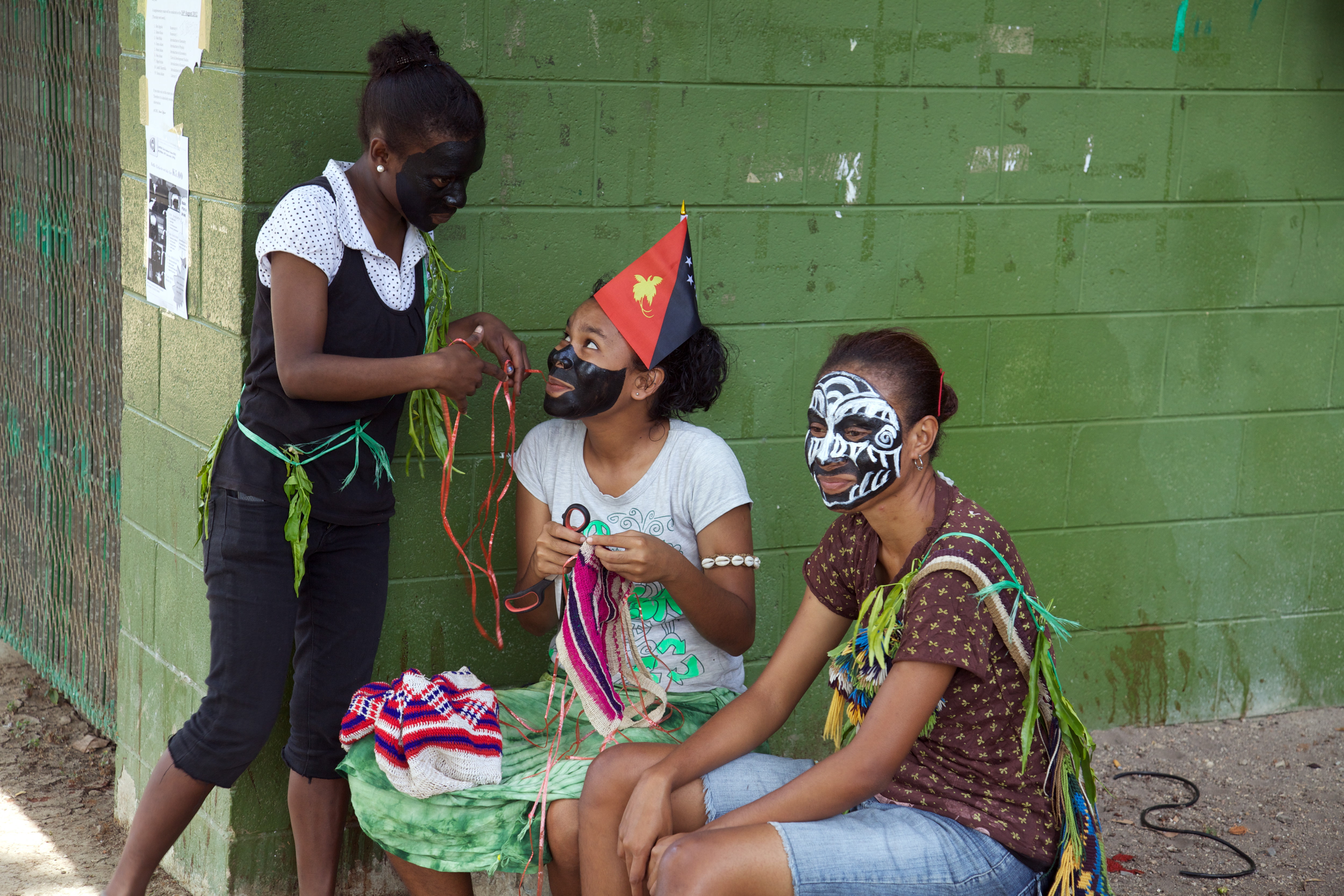
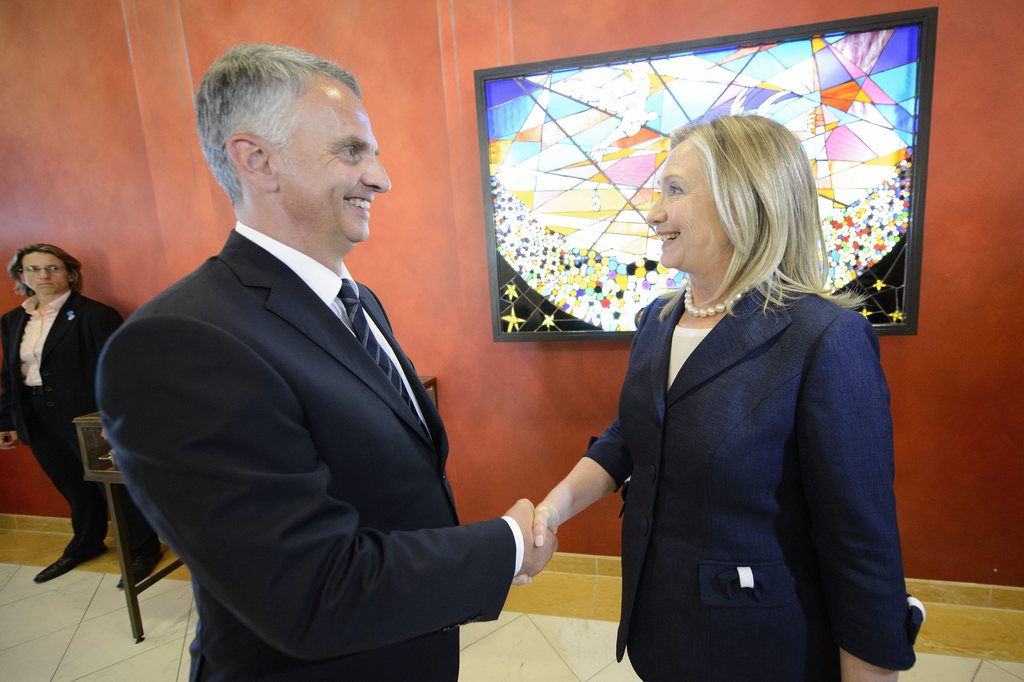
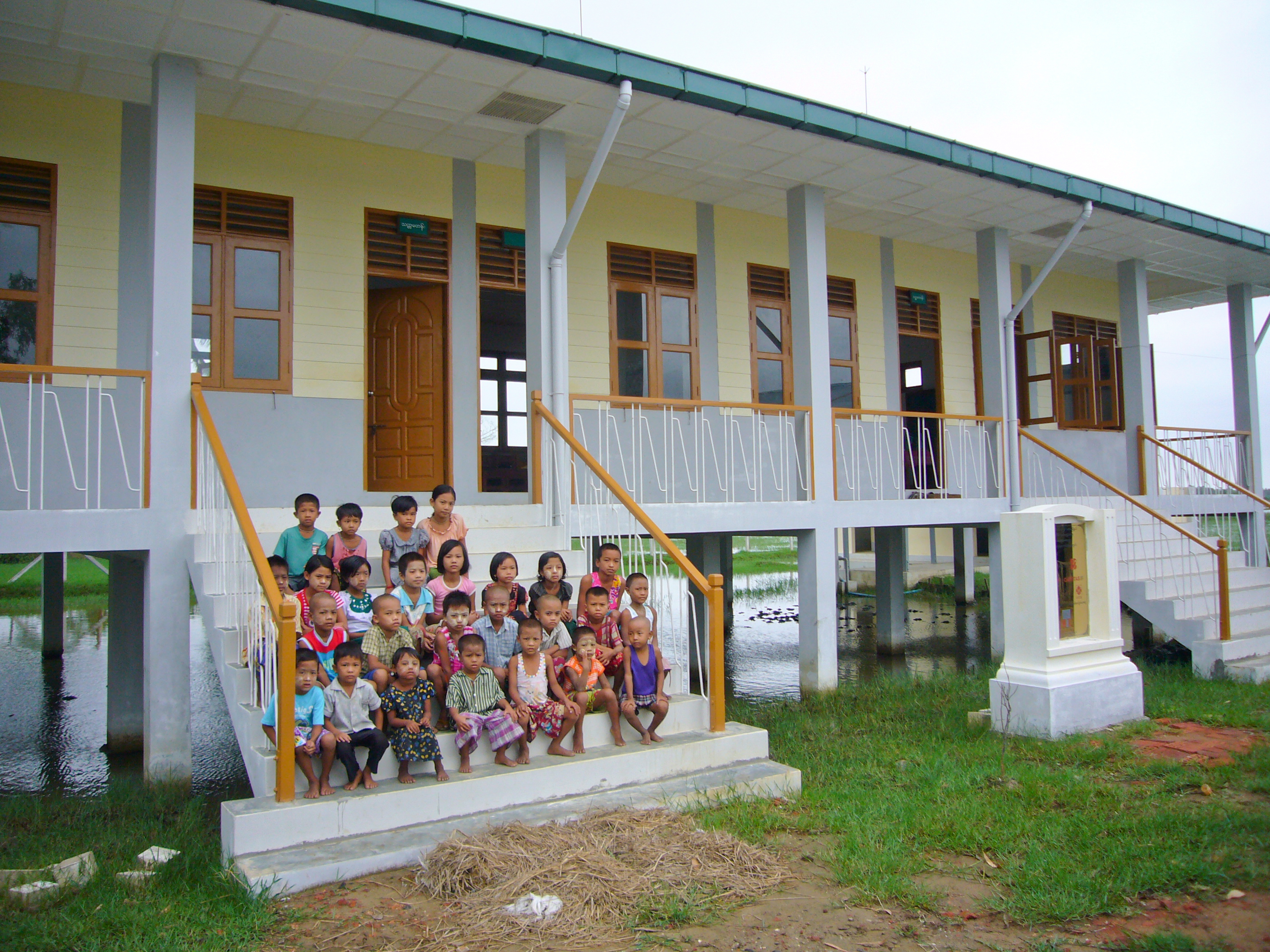
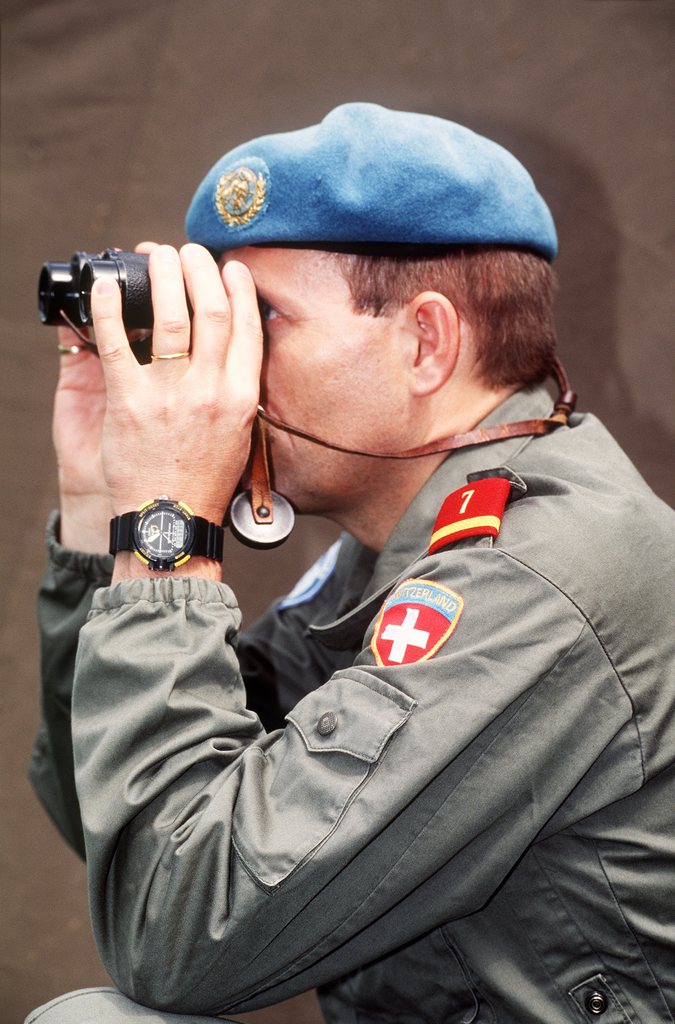
You can find an overview of ongoing debates with our journalists here. Please join us!
If you want to start a conversation about a topic raised in this article or want to report factual errors, email us at english@swissinfo.ch.